
The Darrell McClain show
Independent media that won't reinforce tribalism. We have one Planet; nobody's leaving, so let’s reason together!! Darrell McClain is a Military veteran with an abnormal interest in politics, economics, religion, philosophy, science, and literature. He's the author of Faith and the Ballot: A Christian's Guide to Voting, Unity, and Witness in Divided Times. Darrell is a certified Counselor. He focuses primarily on relationships, grief, addiction, and PTSD. He was born and raised in Jacksonville, FL, and went to Edward H white High School, where he wrestled under Coach Jermy Smith and The Late Brian Gilbert. He was a team wrestling captain, District champion, and an NHSCA All-American in freestyle Wrestling. He received a wrestling scholarship from Waldorf University in Forest City, Iowa. After a short period, he decided he no longer wanted to cut weight, effectively ending his college wrestling journey. Darrell McClain is an Ordained Pastor under the Universal Life Church and remains in good standing, as well as a Minister with American Marriage Ministries. He's a Believer in The Doctrines of Grace, Also Known as Calvinism. He joined the United States Navy in 2008 and was A Master at Arms (military police officer). He was awarded several medals while on active duty, including an Expeditionary Combat Medal, a Global War on Terror Medal, a National Defense Medal, a Korean Defense Medal, and multiple Navy Achievement Medals. While in the Navy, he also served as the assistant wrestling coach at Robert E. Lee High School. He's a Black Belt in Brazilian Jiu-Jitsu under 6th-degree black belt Gustavo Machado. Darrell Trains At Gustavo Machado Norfolk under the 4th-degree black belt and Former Marine Professor Mark Sausser. He studied psychology at American Military University and criminal justice at ECPI University.
The Darrell McClain show
Navigating Diplomacy: The Release of American Prisoners, Foreign Policy Debates, and Vice Presidential Stakes
Get ready to witness a triumphant moment in global diplomacy as we recount the extraordinary release of three American citizens and one green card holder from Russian imprisonment. You'll hear about the emotional reunions at Joint Base Andrews and gain insights from President Joe Biden and Vice President Kamala Harris on the power of international alliances. We walk you through the harrowing ordeals faced by Paul Whelan, Evan Gerskovich, Alsu Komasheva, and Vladimir Karamuza, underscoring the broader implications for human rights and the safety of Americans abroad. Former Admiral James DeFreitas lends his expertise, reflecting on NATO's role and the importance of robust international relationships in achieving such significant outcomes.
Join us as we dissect the fiery debate between former President Donald Trump and current President Joe Biden over foreign policy strategies, with Trump lambasting the prisoner swap and Biden defending his alliance-driven approach. We also dive into the potential impact of JD Vance as a vice presidential candidate, exploring whether he is truly ready for the role. Historical perspectives on vice presidential picks offer context, with a nod to the unique case of Lyndon Johnson. This episode promises a comprehensive look at the complexities of foreign policy, the dynamics of political strategies, and the ever-evolving landscape of global diplomacy.
Good afternoon.
Speaker 2:And this is a very good afternoon, very good afternoon. Today we're bringing home Paul, evan Alsu, vladimir, three American citizens and one American green card holder. All four have been imprisoned justly in Russia Paul for nearly six years, vladimir since 2022. Vladimir since 2022,. Evans since March of 2023, and Alassu since October of 2023. Russian authorities arrested them, convicted them in show trials and sentenced them to long prison terms With absolutely no legitimate reason whatsoever None. And now their brutal ordeal is over and they're free.
Speaker 1:President, joe Biden, speaking about the most substantial prisoner swap since the Cold War. Welcome to the Darrell McLean Show. I'm your host, darrell McLean. Independent media that won't reinforce tribalism. We have one planet. Nobody is leaving, and so let us reason together. It is 8-3 of 2024. Let's get into our episode 419.
Speaker 3:Yeah, I was gripped to those scenes, as I'm sure many people were yesterday watching them being reunited with their families. As a mother of a 30-year-old young man, I couldn't help but feel for Evan Gerskovowicz's mother as she was being lifted off the ground on the tarmac. That was an extraordinary moment. It was a very, very good day for those families. It was also, John, a very good day for international alliances and a reminder of why America needs allies and friends around the world and why it's worth investing diplomacy and time and hard work in cultivating those alliances, because you never know when you're going to need them. So three wrongly imprisoned Americans released by Russia in a multinational prisoner swap deal arrived late last night in emotional reunions with family members at Joint Base Andrews in Maryland. President Biden, vice President Kamala Harris they were on hand as Paul Whelan stepped onto US soil for the first time in years. He'd been imprisoned in Russia since 2018 on spying charges and is now a free man.
Speaker 3:Next off the plane was Wall Street Journal reporter Evan Gerskovich, taken into Russian custody in March of 2023. He spent over a year in prison before being sentenced to an additional 16 years by a Russian court. He and his family and, yes, his mom were reunited last night. And finally, journalist Alsu Komasheva embraced her family. An editor for Radio Free Europe, radio Liberty, she was arrested in October and accused by Russia of being a foreign agent. Last night she saw her husband and her daughters for the first time in months. Green card holder Vladimir Karamuza, a Russian national and dissident activist, is in poor health. He was met by his family in Germany, where he will receive medical treatment. After greeting the released Americans last night alongside their families, President Biden and Vice President Harris spoke about the significance of the moment.
Speaker 2:Vice President Harris spoke about the significance of the moment. What's your message to the American people? There's nothing beyond our capacity to react together. Nothing, nothing, nothing. I don't know who the hell we are. We're the United States of America. The United States of America. We put back together the relationship with countries we haven't had before. We've built NATO. We've built the circumstances that allow this to happen. That's why it happened.
Speaker 4:This is an extraordinary day and I'm very thankful for our President and what he has done for his entire career, but in particular, as it relates to these families and these individuals, what he has been able to do to bring the allies together on many issues, but in particular this one.
Speaker 3:This is just an extraordinary testament to the importance of having a president who understands the power of diplomacy and prior to meeting with the released americans last night at joint base andrews, president biden spoke alongside their family members at the white house. The president discussed the importance of diplomacy and of working with allies.
Speaker 2:This deal would not have been made possible without our allies Germany, poland, slovenia, norway and Turkey. They all stepped up and they stood with us. They stood with us and they made bold and brave decisions, release prisoners being held in their countries, who are justifiably being held, and provide logistical support to get the Americans home. So for anyone who questions whether allies matter, they do. They matter, and today is a powerful example of why it's vital to have friends in this world and friends you can trust, work with and depend upon, especially in matters of great consequence and sensitivity like this. Our alliances make our people safer, and we began to see that again today.
Speaker 2:Let me say this it says a lot about the United States that we work relentlessly to free Americans who are unjustly held around the world. It also says a lot about the United States that we work relentlessly to free Americans who are unjustly held around the world. It also says a lot about us that this deal includes the release of Russian political prisoners. They stood up for democracy and human rights. Their own leaders threw them in prison. The United States helped secure their release as well. That's who we are in the United States. We stand for freedom, for liberty, for justice, not only for our own people, but for others as well, and that's why all Americans can take pride in what we've achieved today.
Speaker 1:We're going to take a listen to former Admiral the Joint Allied Commanders, james DeFreitas.
Speaker 5:Quite remarkable across the board. And, of course, I've been in and out of Andrews Air Force Base so many times. I can't think of a better day on the tarmac at Andrews Air Force Base, which has seen more than its share of dignified transfers and the new arrival of various heads of state Really a marvelous moment to see this, and you're showing some spectacular photos right now. Point two that struck me you know we always think of NATO correctly as a warfighting alliance. We go to war. We're in Afghanistan, the Balkans, syria, iraq, counter-piracy. We fight alongside each other.
Speaker 5:Here's an example of an alliance practicing diplomacy together and doing it both at scale, across all of these nations that pulled together, but also doing it retail, making sure we bring out these Americans, and I love the point the president made that these are also Russian dissidents who are being taken out. That's standing up, that's walking the walk for America. And third and finally, you know you kind of ask the question why now? Why did this all come together? There's never a specific answer to that. I think that Putin probably heard the election coming. I think, secondly, there's a sense of all of us coming together in the West at the moment because of Ukraine. And then thirdly, there's kind of in any negotiation there's a critical mass moment when the dealmakers sit around the table and close the switch.
Speaker 1:I'm going to go to Jonathan Lemire now.
Speaker 6:To me an interesting moment was Jake Sullivan, the national security advisor, getting very emotional talking about it. You know, when you're in the foreign policy business, jonathan, so much of what you do has a degree of abstraction. You're talking about deterrence, you're talking about national interest For the people involved in this. The president, the vice president, national security advisor, secretary of state this was real, this had a kind of detail about it. This wasn't an abstraction. Tony Blinken, the secretary of state, would carry in his pocket a card, an index card, with the list of names of Americans. So I think for a lot of them, this was different. This was different. This was not balance of power, this was people and this was something they felt, a real personal commitment to get done.
Speaker 6:The other side of the personal thing you know we've talked about that the relationships really mattered. The idea that the chancellor of Germany didn't want to do this, did not want to release a Russian hitman, which is the reason Putin seems to want to deal but he did it because of the larger relationship. That's what alliances are meant to be. Alliances are not transactional relationships. Alliances are relationships where you think big, you think long term and even if you sometimes disagree on the immediate, you say to yourself I'm going to put that a little bit on the side, because I have such a larger stake in this relationship. I'm willing to play the long game.
Speaker 6:And it's interesting because we don't always let's put it bluntly, we don't always see it in the context of a lot of Middle East news where the United States is very frustrated with the relationship with its ally Israel. So I thought this was it. But again, this to me was an interesting moment where one last point, very quickly, jonathan, this thing had been cooking for a long time Sometimes in diplomacy you make something more possible by adding to it. We always think of kind of reducing it one for one, two for two, but no dozens of people, half dozens of countries. It's an old ploy in diplomacy is when you can't get someone somewhere. Sometimes you add to the mix rather than subtract from it, and that gives everybody a stake in it, and that clearly happened here.
Speaker 7:There had been some momentum for a deal earlier this year that would have also involved Alexei Navalny, the Russian dissident, but after he died that was seen as a setback. But the sides were able to keep going. Richard, you just mentioned the emotional moment with Jake Sullivan. Let's watch that here. We've stayed in regular and routine touch with them. I spent a lot of time with the families of Evan and Paul, and also and most of the time, as you can imagine, those are tough conversations, but not today. Today, excuse me, today was a very good day. So, Gene Robinson, we're seeing Jake Sullivan, our National Security Advisor, while briefing the press. Yesterday that was after the exchange had happened. It was in Turkey, it was a third-party country, and then from Turkey, the Americans flew back here to the States. Certainly, as we've been saying, a real triumph of diplomacy yesterday.
Speaker 8:Absolutely. I want to go back to just something that Richard Haas said. Sometimes you have a problem that you're having trouble solving and sometimes the way to solve it is to make it bigger. And they did this, and I believe the Russians released something like 16 people all told. The Allies released aid. It was a? Uh, an enormously complicated um uh deal, uh. Just the pure joy that we saw last night when those families were reunited is something that you know, I will never forget, and I just think that, I just think that you could just see how the principals who were involved in this Sullivan, the president, the vice president, the secretary of state how personally invested they were in bringing these Americans home. And then I will just say a word about journalism and about the fact that Evan Gershkovich and Al Sue and really Kara Mirza, the Russian dissident, who were involved, they were all journalists and what they were doing was writing and speaking truth, and that's not a crime and that can't be a crime, and I'm so, so happy that they're home.
Speaker 1:So, as normal in life, there are two sides of every coin. Every coin has a tails and a heads right. So this has been Putin's calculus for a very long time snatching up people who are not spies, who are journalists, who are Americans, etc. Are journalists who are Americans, et cetera, so that he can use them as leverage to get people who are actually bad people, and that is no different in this case.
Speaker 9:So Vadim Krasikov isn't just an FSB officer. He's a part of a unit called VIML, which is their special forces unit. It's the heir to an infamous KGB unit. Funnily enough, it's tasked with counterterrorism. Although you might say that what Mr Groskopf was sent to do was an act of state terrorism, he brutally gunned down a Chechen dissident and actually an asset an intelligence asset of the Georgian security services in Berlin, in broad daylight in 2019, a man called Zelenheim Kangashvili. The Germans arrested him, convicted him, sentenced him to life in prison. They did not want to trade him. The only person that they wanted to trade him for was the late Russian opposition leader, alexei Navalny. Why they felt the duty of care and responsibility for Navalny. Remember, navalny was poisoned with a military-grade nerve agent, also by the FSB, the domestic security service. The Russians let him out to get medical care in Germany. He spent a year recuperating there and then chose, rather bravely, to go back to Russia to fight as a politician. So the Germans said we'll do a deal for Kraskov, for Navalny. Well, what happened? He was murdered in prison on the eve of what should have been a similar deal to what we're seeing now, and the German government, particularly the foreign minister, anna-lena Baerbock, was sort of adamant we don't want to trade Krasnokov for anybody else. So, as you were saying you know it's an Eisenhower quote when you're faced with a small problem, make it bigger, right? The Germans were persuaded by a very fleet-footed group of American State Department diplomats. Why don't you ask for more, not just for Americans, including journalists, including my friend Vladimir Karamazov as a resident here. Ask for Russian human rights activists, right, including one of the founders of Memorial, which is a celebrated organization that was tasked with anatomizing Soviet totalitarianism and all the crimes of Stalinism. A lot of the human rights activists from Russia, dissidents in Russia, went to prison. For what reason? They spoke out against this full-scale invasion of Ukraine. They were convicted of treason for even talking about the Bucha massacre or the real pole drama theater bombing. And let me just give you an anecdote that I think is very telling about how the Russians behaved in all of this.
Speaker 9:I just got off the phone about an hour ago with Christo Groza, my colleague at the Insider, who quite literally, on the back of a napkin in a restaurant in DC, with Jamie Rubin there, with Roger Karsten, the negotiator who was responsible for this deal there, mooted the idea. You know who Putin wants the most Krasnikov. It's his personal hitman. He is deeply wedded to getting this guy back. Why don't we do a deal for Navalny?
Speaker 9:Christo is in Berlin and he said that some of the Russians who had been transferred they didn't go to Ankara like Evan did, they went to Berlin. They did not know they were being transferred to the West, even when they were put on a plane to Germany, until they disembarked from the plane and they met a short, bald guy who introduced himself as Olaf Scholz, the Chancellor of Germany. So the Russians had no idea they were part of this deal, whereas you can bet everybody that the West are trading back to. Mr Putin absolutely knew, and these included you asked me two illegals that were caught in Slovenia. You've seen the show the Americans right Deep cover operatives who are posing as other people with fake identities Two illegals and their children sent back to Russia Krasikov hackers. Basically, what Putin is doing is drawing moral equivalence between American journalists, human rights activists, dissidents and, on the other side, murderers, spies and cyber criminals.
Speaker 1:Now, of course, politics being politics, you have to. You're going to have the Republican response and we're going to go to the Republican. Vice presidential nominee JD Vance. Vice presidential nominee JD Vance.
Speaker 7:I mean great that Evan and Paul Whelan are coming home. I think that really, what this shows is that a lot of bad guys across the world are worried that Donald Trump is coming back into office, and I think that they're trying to clean house before Trump comes back, because they know that when he comes back, it's no more easy street.
Speaker 3:The Republican tickets vice presidential nominee Senator JD Vance of Ohio, speaking yesterday about the historic prisoner swap and saying that it happened because of Donald Trump. Trump himself appeared to only have negative things, though, to say about the prisoner swap. In a social media post he wrote, in part quote we never make good deals at anything, but especially prisoner hostage swaps. Our negotiators are always an embarrassment to us. He then went on to claim that as president, he was able to negotiate the release of wrongfully detained Americans in exchange for nothing, before claiming the US had been quote extorted yesterday. President Biden was asked yesterday about Donald Trump's criticism of the deal.
Speaker 10:President Trump has said repeatedly that he could have gotten the hostages out without giving anything in exchange. What do you say to that? What do you say to President Trump now?
Speaker 2:former president, why didn't he do it when he was president?
Speaker 3:Yeah, why didn't he do it when he was president? Paul Whelan, specifically, for example, was arrested by Russia during Donald Trump's term in office. And a quick fact check on the former president's claim that his administration never secured the release of Americans without giving up anything in return. Well, for example, in February of 2020, the Trump White House agreed to free 5,000 Taliban prisoners in exchange for 1,000 prisoners, and later that same year, the administration agreed to give up 250 Houthi rebels in exchange for two wrongfully detained Americans is just fairly obvious here.
Speaker 1:Uh, president trump realizes there's nothing he can get by giving any um, by giving any credit to the deal. Uh, so he's not going to give any credit to the deal, and his vice president, jd vance, is going to kind of do the same. He's not going to do anything to overshadow or disagree with what the head of the ticket says. So, of course, there is a subtext to everything, and when you deal with what the current president, joe Biden, was trying to underline several times in his remarks Joe Biden was trying to underline several times in his remarks the subtext was that there's a different foreign policy belief being played out here, the foreign policy of American involvement, americans' allyship, versus isolationism, and that is a debate that is going to keep being had in the country.
Speaker 6:Jonathan, if I had to sum it up in a phrase, you get the difference between an alliance-first foreign policy, a collaborative foreign policy, which is the Joe Biden-Kamala Harris foreign policy, and an America-first foreign policy, which is Trump. The United States acts unilaterally in many ways as we withdraw from the world, and that was the subtext when the president was talking about the power of alliances. That's the great force multiplier of the United States. Think about it. Does Russia have any allies? Answer no. Does China have allies? Answer no. The United States has dozens of allies in Europe, many of whom were involved in this. We have many allies in Asia, probably in Japan, the Australias and others. That's the great comparative advantage. We have countries willing voluntarily to work with us to tackle regional and global challenges, and that's what you heard the president talking about.
Speaker 1:You didn't have to mention Donald Trump, but that is the stark contrast in our relationship with the world, under again, what this traditional administration's doing and the outlier approach of donald trump now I this kind of it's somewhat funny to jump to transition from that to what I have to go into now but doing the conferences, like the national conference of, like, black journalists or something like that. They had invited both presidential candidates, kamala Harris and Donald Trump. Kamala Harris has been somewhat doing the Joe Biden strategy of hiding from the press. You know, when Joe Biden ran for president, it was hiding Biden and they were saying that Joe Biden can't win the presidency hide in his basement. And actually it turned out that he could, because they flooded the zone with just allowing Trump to be himself and to be on the TV every day saying something that people were going to find obnoxious. His base was going to find great and Joe Biden was going to be on TV looking like the elderly senior statesman who's going to talk about the better angels of our nature and things like that, and so they wanted that contrast in. It seems like kamala harris is doing the same thing. So she was actually invited to the event.
Speaker 1:Originally said there was a scheduling error and she could not go. Donald trump decided to go to the event and it did get them back in the press. Um, because they've been having a hard time staying in the press because of the, the, the veep stakes. People are excited about um trying to figure out who kamala harris is going to pick as vice president. So they, you know they've taken a lot of the air out of the room as far as the president's assassination attempt, the r? Rnc etc. And so and that's the Republican National Convention, by the way, and so. So Donald Trump goes to this event. He is upset at the very beginning, at the onset, because there was very bad technical difficulties going on. He had to wait for 30 minutes and he comes in, and he comes in a-swinking.
Speaker 10:I want to start by addressing the elephant in the room, sir. A lot of people did not think it was appropriate for you to be here today. A lot of people did not think it was appropriate for you to be here today. You have pushed false claims about some of your rivals, from Nikki Haley to former President Barack Obama, saying that they were not born in the United States, which is not true. You have told four congresswomen of color, who were American citizens, to go back to where they came from. You have used words like animal and rabbit to describe black district attorneys. You've attacked black journalists, calling them a loser, saying the questions that they ask are quote stupid and racist. You've had dinner with a white supremacist at your Mar-a-Lago resort. So my question, sir, now that you are asking black supporters to vote for you, why should black voters trust you after you have used language like that?
Speaker 11:Well, first of all, I don't think I've ever been asked the question so in such a horrible manner. First question don't even say hello. How are you? Are you with ABC? I was invited here and I was told my opponent whether it was Biden or Kamala. I was told my opponent was going to be here. It turned out my opponent isn't here. You invited me under false pretense and then you said you can't do it with Zoom. Well, you know where's Zoom. She's going to do it with Zoom and she's not coming. And then you were half an hour late. Just so we understand. I have too much respect for you to be late.
Speaker 10:They couldn't get their equipment working or something was wrong. Mr President, I would love for you to answer the question on your rhetoric and why you. I have answered the question.
Speaker 11:I have been the best president for the black population since Abraham Lincoln that's my answer Better than President Johnson, who signed the Voting Rights Act. For you to start off a question and answer period, especially when you're 35 minutes late because you couldn't get your equipment to work in such a hostile manner, I think it's a disgrace. Some of your own supporters including Republicans on Capitol Hill, have labeled Vice.
Speaker 10:President Kamala Harris, who was the first black and Asian American woman to serve as vice president, be on a major party ticket as a DEI hire? Is that acceptable language to?
Speaker 11:you? How do you define DEI? Go ahead. How do you define it?
Speaker 5:Diversity equity inclusion Okay yeah, go ahead.
Speaker 11:Is that what your definition gives you? That is literally the worst. Give me a definition.
Speaker 5:Would you give me a definition? Give me a definition, sir. I'm asking you a question, a very direct question. Define it for me.
Speaker 11:I just defined it sir, she was always of Indian heritage and she was only promoting Indian heritage. I didn't know she was black until a number of years ago, when she happened to turn black and now she wants to be known as black. So I don't know. Is she Indian or is she black?
Speaker 4:Donald Trump spoke at the annual meeting of the National Association of Black Journalists and it was the same old show the divisiveness and the disrespect. And let me just say the American people deserve better. The American people deserve better.
Speaker 1:The American people deserve better. In that moment, you have vintage 2016, donald Trump, and I think a lot of things are going on here. I think that he probably was very frustrated because of the 30 minute wait. I think we played a lot into the fact that Joe Biden, you know, is in his 80s and we forgot the fact that Donald Trump is 70, 78 years old, you know, not a young man. A young man, and when he is pushed into a corner, he behaves like he is known to behave. He is going to get very grouchy and if he feels like he is being backed into a corner, he's not going to think about the political optics of the fact that.
Speaker 1:Okay, I'm doing something here for political purposes. I'm going to this national black journalist event and I'm trying to court votes of this important constituency, and I don't want to come off as everything that a particular group of people on the left has tried to define me as. I don't want to come off as a racist. I don't want to come off as sexist. I don't want to come off as a bigot. I don't want to come off as brash and rude and it was. I don't know what he was thinking when he went into what now everybody is saying is birtherism again. We remember when Donald Trump did the whole. Obama wasn't born in America, you know, stick, and that's how he became the prominence politically during the Obama years. And he jumps right into a issue that is more complicated than the media is going to give credit, because it's Donald Trump and the Republicans and the media is more than likely most of them are Democrats, and so he jumps into this.
Speaker 1:Kamala harris used to be indian and now she's black thing and I just, you know all this, or the surface, I actually thought it was funny, all the optics. I thought, oh hell, here here we go again, they're gonna, they're gonna bury him with that. When it comes to the actual thoughts about, uh, vice president harris and the race issue, I think it is a fair to point out the fact that there are have been several interviews where she did highlight her indian. You know, when she first got elected, it was they. They prided that she's the first Indian. Yada, yada, yada. And oh, when it's politically convenient, they'll do the black thing as well. Now it is difficult because Kamala Harris, her mother is Indian and her father is Jamaican, so she would be mixed race.
Speaker 1:Now, just from a personal antidote, which you know we can die on antidotes, so you don't take them. You know to be very deep, they're just surface level. But it's very rare that an Indian person calls himself black. And I have met several Jamaican people and most of them just say that they're Jamaican. Now you get into melanin in someone's skin and skin pigmentation. You may look at them and say an Indian person is brown and you may look at a Jamaican person and say a Jamaican person is black.
Speaker 1:This is basically a question about how people choose to identify identify and I think it's something that it's complicated in this country because we know exactly what people do a lot when it comes to their identities. People are Americans, but they are Italian Americans. They are Scottish Americans, they are German Americans, they are Americans who came here from Britain, so they're British Americans, they are Jamaican Americans. When you see black people, they have no real ties to Africa, but a lot of people will call them African Americans, just natural. And so when you have somebody who's a mixed american, sometimes they may dig into their indian identity and sometimes they may dig into the jamaican identity or the whatever identity, and so but I think that the optics are just going to look awful because of the, the checkered or so past statements made by Donald Trump about the former President, barack Obama, who's had the same type of racial identity.
Speaker 1:His mother was white, a white anthropologist, and his father was black. And then he is from Hawaii, you know, born in Hawaii, you know, so it's a dude. But so the optics of having a 78 year old, you know, white male at a in a event of black journalists saying, oh, you know, it didn't. When I her, she was Indian and then she became black, as as because I had watched so much comedy initially, as funny as I thought that the comment was, I just said, oh, he just uh, the, the former president just really stepped in it big. Now he also stepped right on the landmine of diversity, equity and inclusion, which I'm going to do a mini episode to talk about the response to that.
Speaker 1:But the Trump campaign is having a very tough time in trying to figure out how they want to fight against Kamala Harris. Having a very tough time in trying to figure out how they want to fight against Kamala Harris and it seems as well that there may be some bias or more when it comes to his pick JD Vance? Because he was asked, you know, in a different event does he have the confidence that JD vance could lead on day one? And his answer was not an answer that you would want that if you were the vice presidential nominee. It's not.
Speaker 1:It didn't show that he at all thinks that um, even thinks about jd vance being at the number one at the ticket. It actually think. I think it shows that, which is kind of the way I think about it. If Donald Trump was legally allowed to not pick a vice president and just have himself on the ticket, he would have just had himself on the ticket. So the clip that I'm going to play is from the same event. This is from Harris Faulkner asking him about JD Vance. Take a listen.
Speaker 10:And that's why this decision is important. This time, Bad things happen. You said it twice. When you look at JD Vance, is he ready on day one? Does he what? Ready on day one if he has to be?
Speaker 11:I've always had great respect for him and for the other candidates too. But I will say this, and I think this is well documented Historically, the vice president, in terms of the election, does not have any impact. I mean virtually no impact. You have two or three days where there's a lot of commotion as to who like you're having it on the Democrat side who it's going to be, and then that dies down and it's all about the presidential pick. Virtually never has it mattered. Maybe lyndon johnson mattered for different reasons of what we're talking about, not for vote reasons, but for political reasons, other political reasons. But historically the choice of a vice president makes no difference.
Speaker 1:So look I may be reading a lot a little bit into it, but it seems like Donald Trump is somewhat cooled down when it comes to JD Vance. Anyway, thank you for tuning in and I'll see you on the next episode.
Podcasts we love
Check out these other fine podcasts recommended by us, not an algorithm.

The LUNSB Show with T-Bone and ChickBrew
Tony Knuckles
Over opinionated with Josh Scott
Josh scott
The Jamie Kilstein Podcast
Jamie Kilstein
The Back Row with Jamie Kilstein
Jamie Kilstein
Your Calvinist Podcast with Keith Foskey
Keith Foskey
BJJ Mental Models
Steve Kwan
Renewing Your Mind
Ligonier Ministries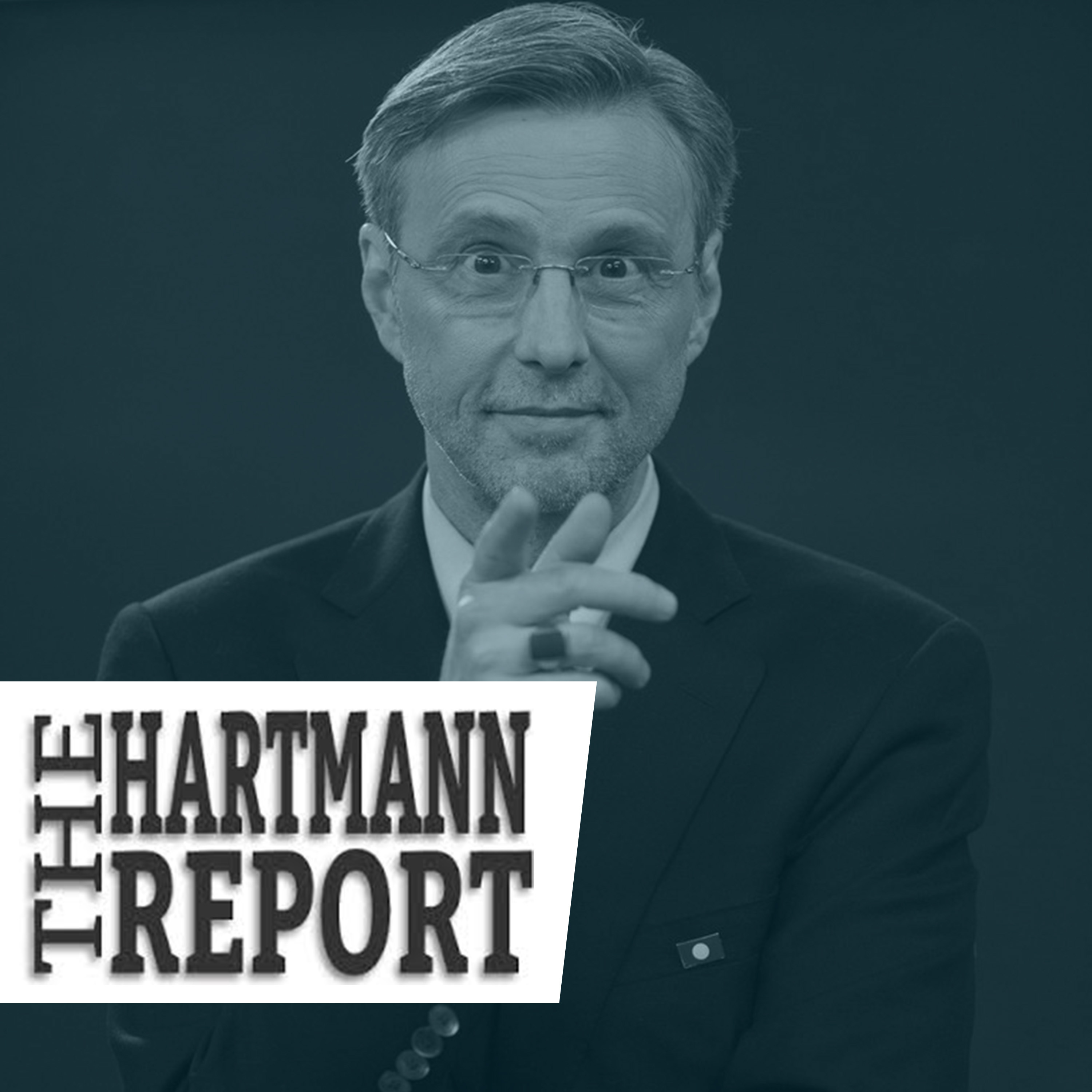
The Hartmann Report
Thom Hartmann
The Glenn Show
Glenn Loury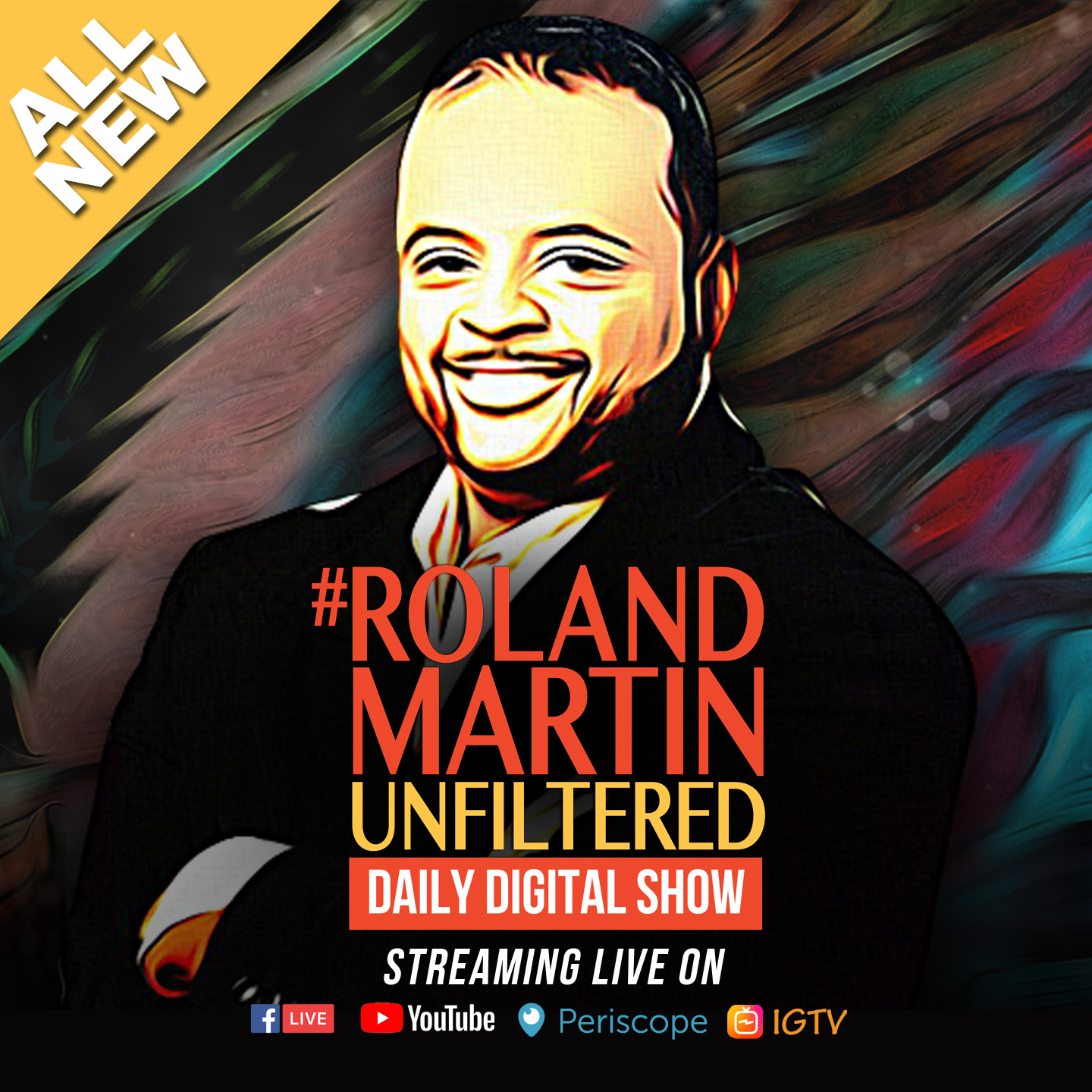
#RolandMartinUnfiltered
Roland S. Martin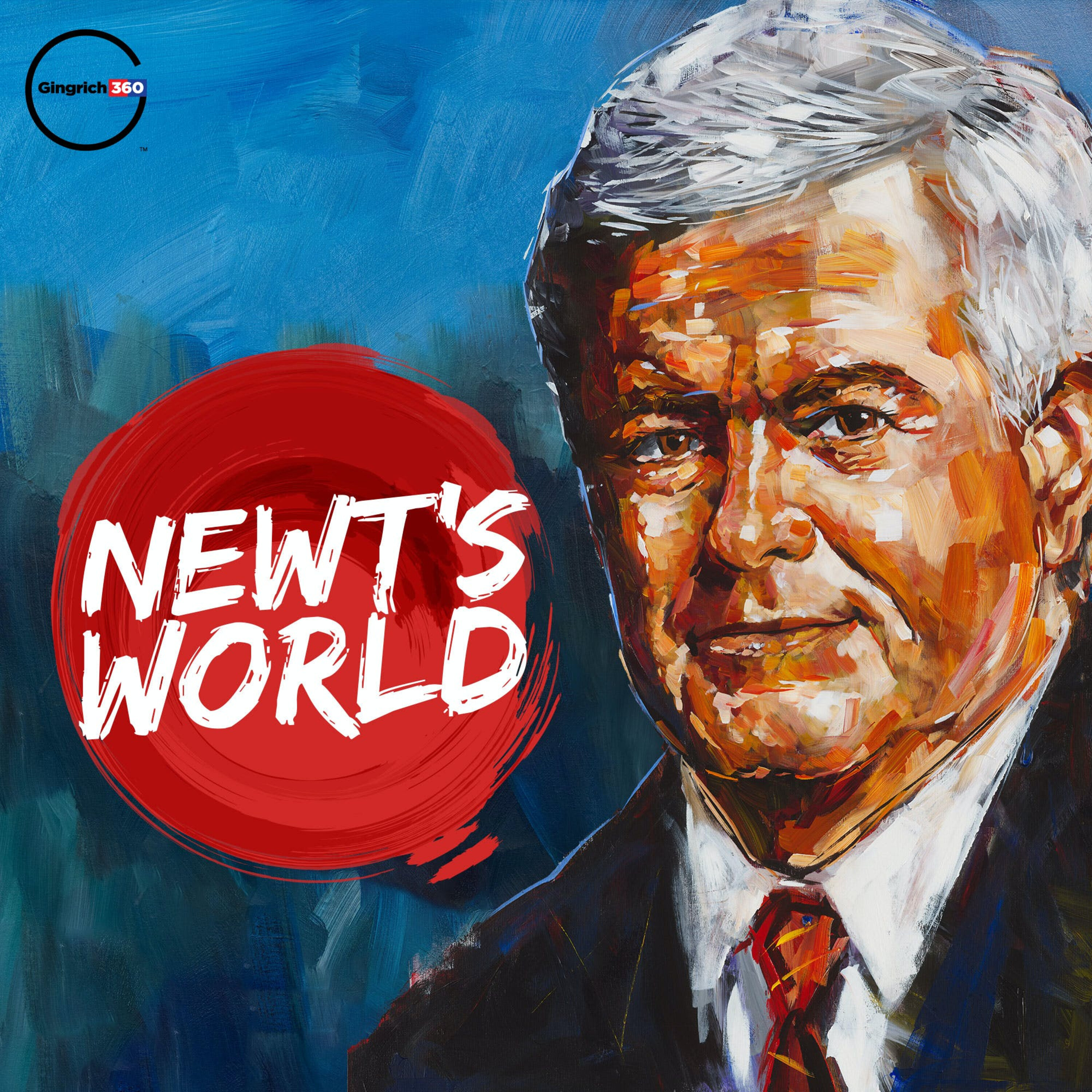
Newt's World
Gingrich 360
Pod Save America
Crooked Media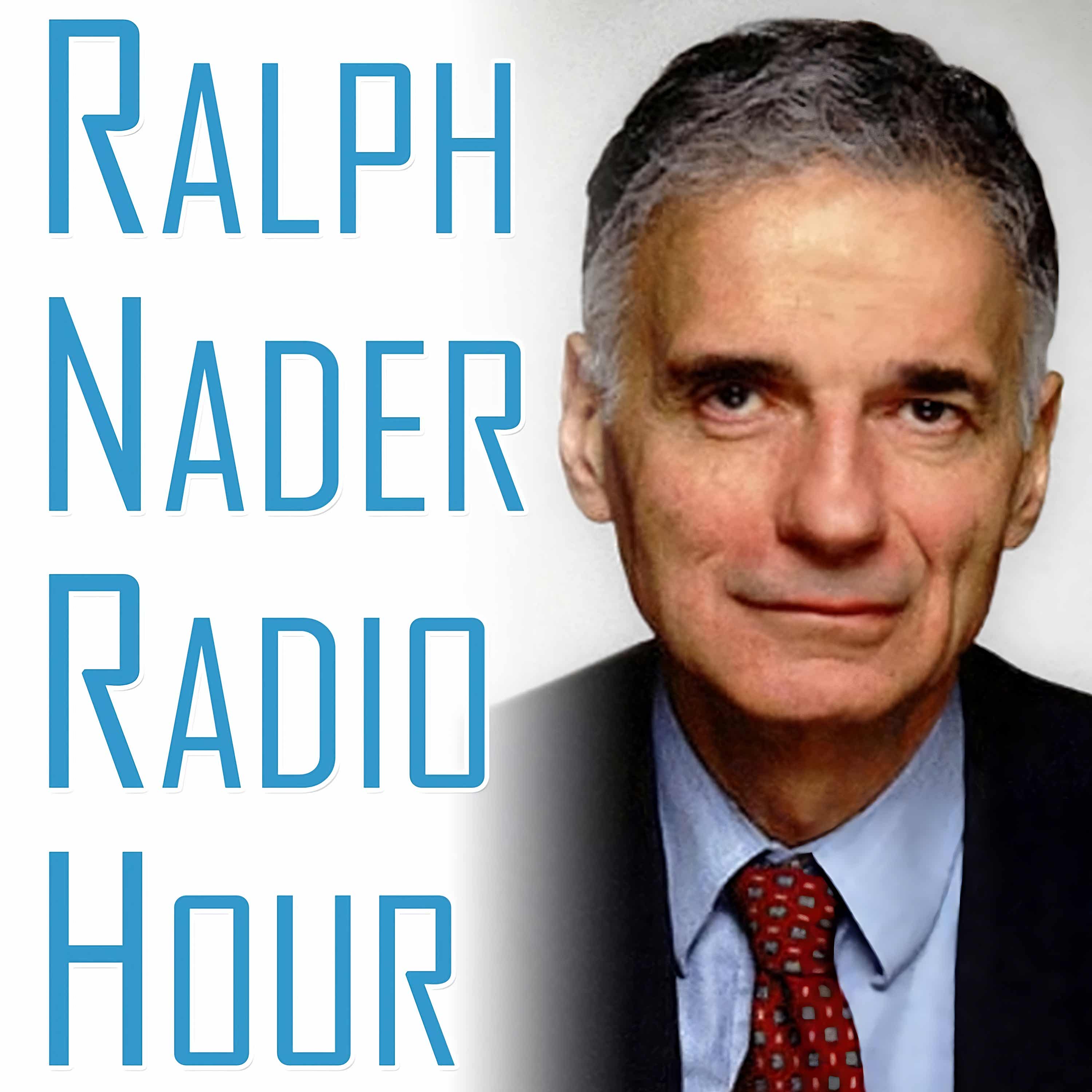
Ralph Nader Radio Hour
Ralph Nader
Bannon`s War Room
WarRoom.org
Bannon’s War Room
dan fleuette
The Young Turks
TYT Network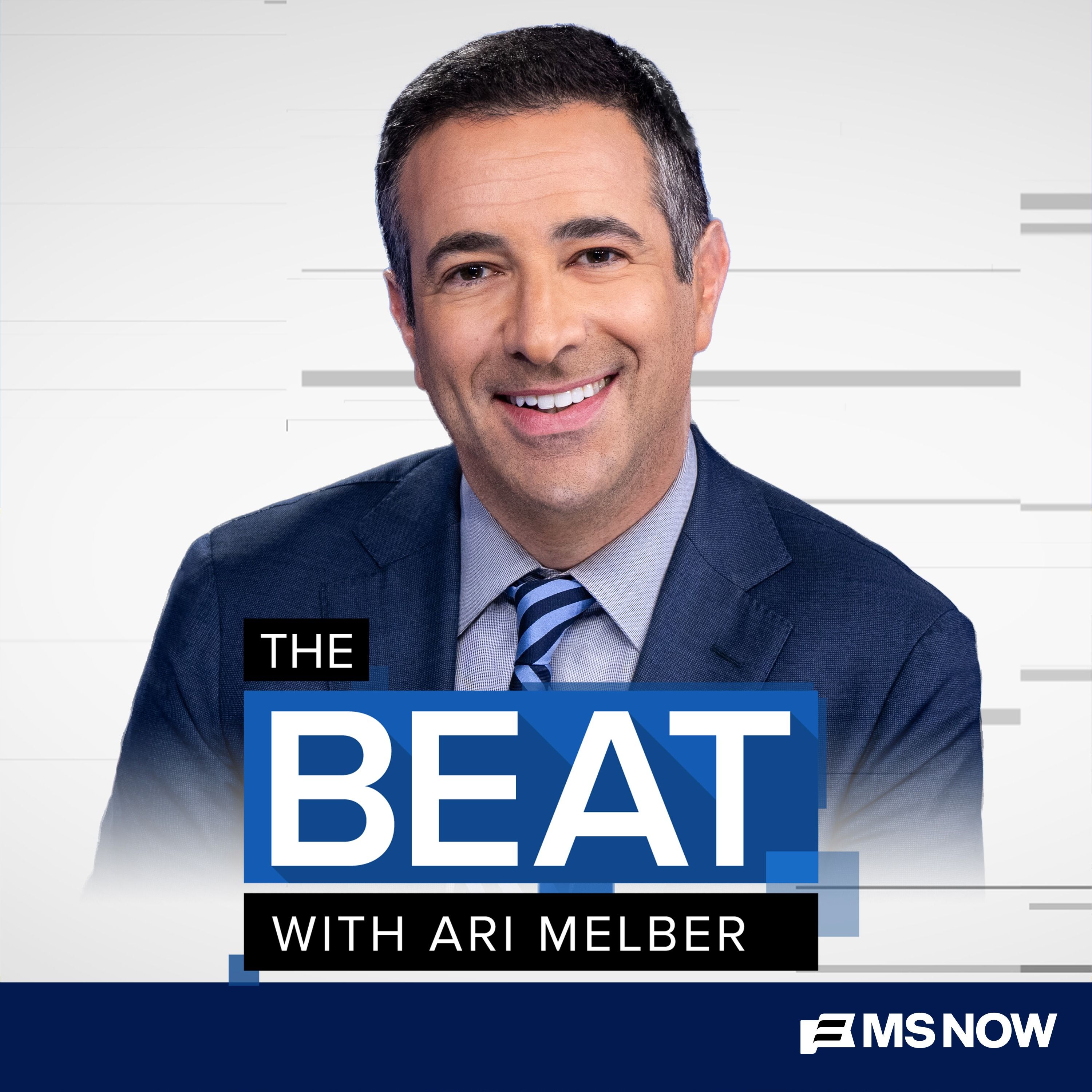
The Beat with Ari Melber
Ari Melber, MS NOW
The Damage Report with John Iadarola
TYT Network
The Majority Report with Sam Seder
Sam Seder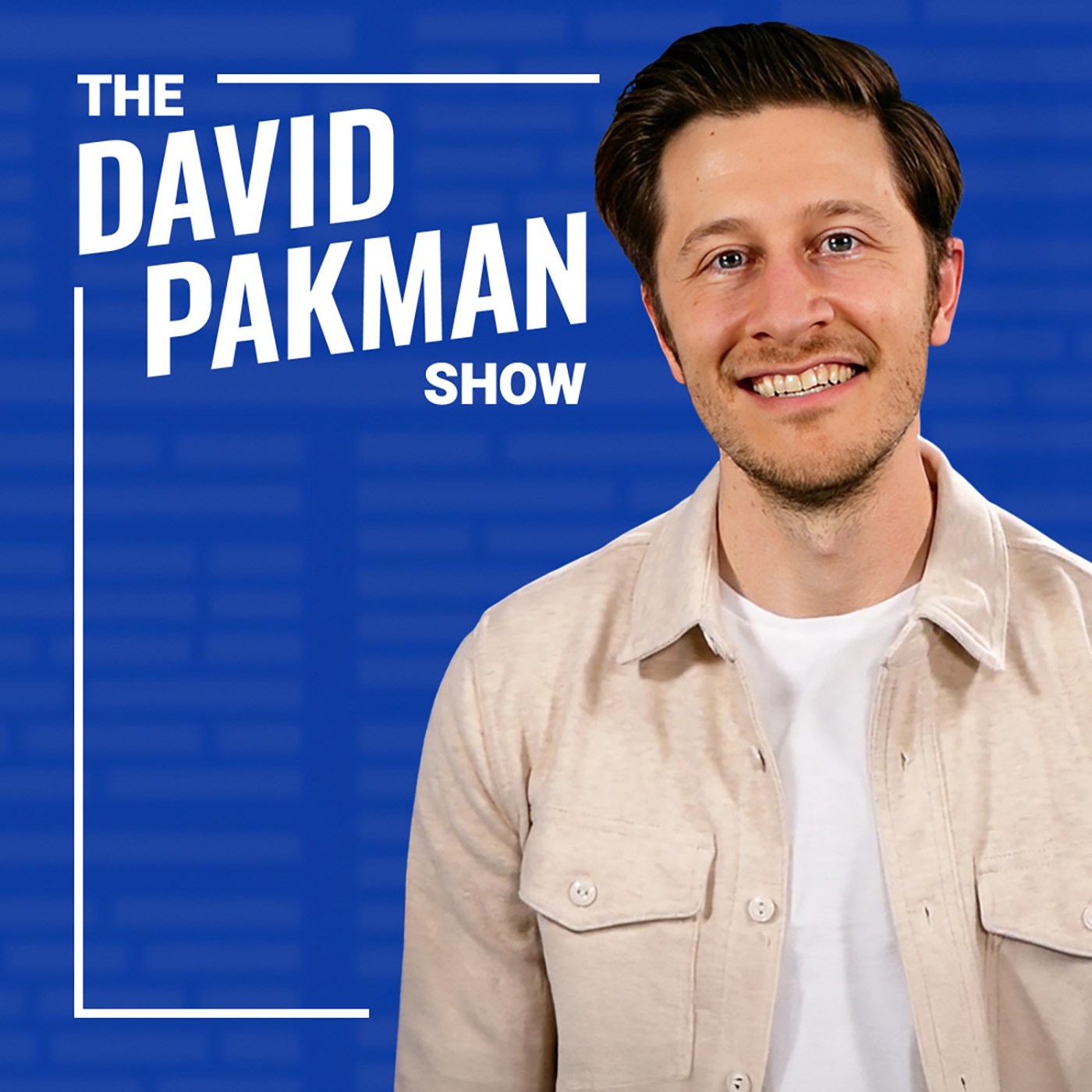
The David Pakman Show
David PakmanGet A Grip with Kendall Reusing
Kendall Reusing
Ultimately with R.C. Sproul
Ligonier Ministries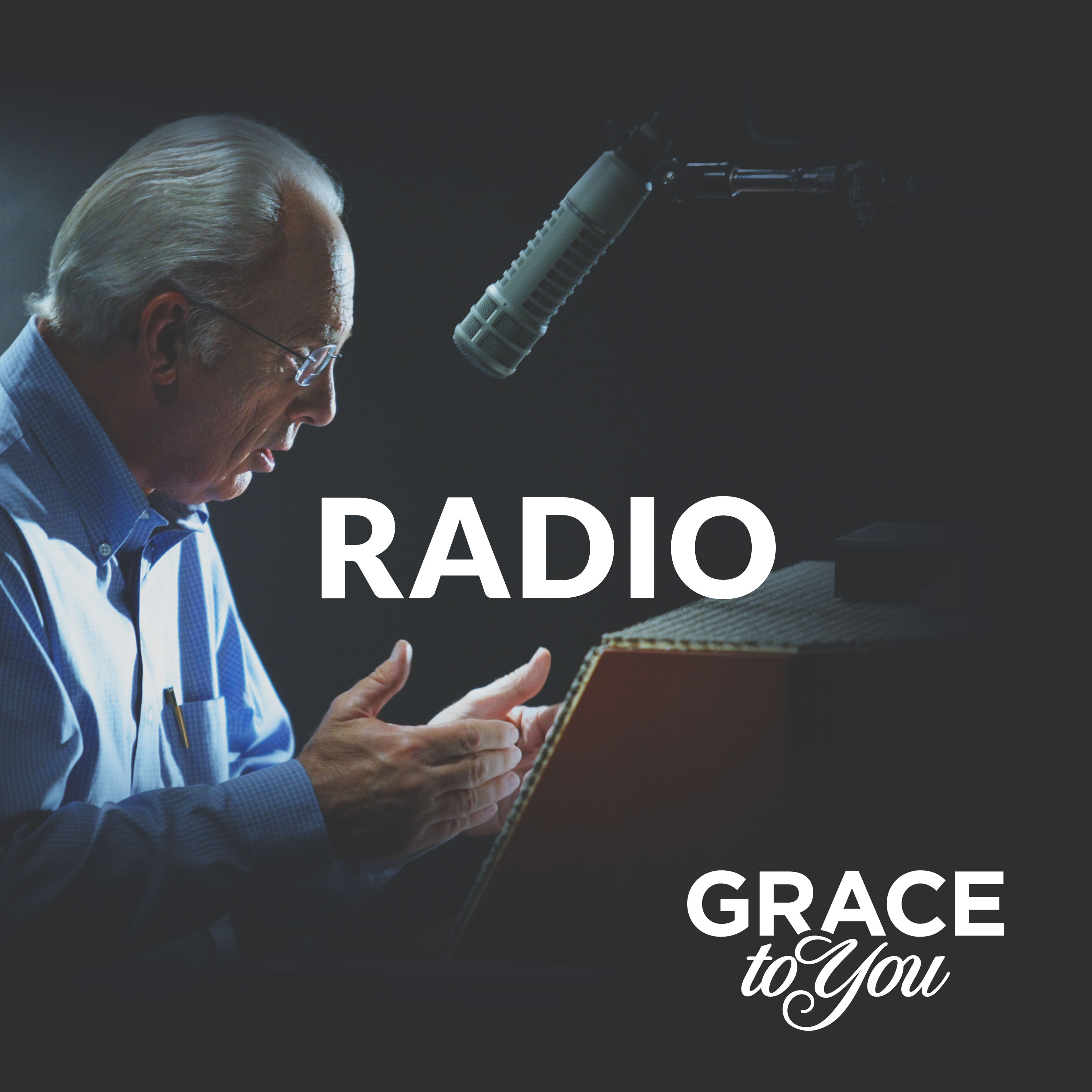
Grace to You: Radio Podcast
John MacArthur
The Briefing with Albert Mohler
R. Albert Mohler, Jr.
StarTalk Radio
Neil deGrasse Tyson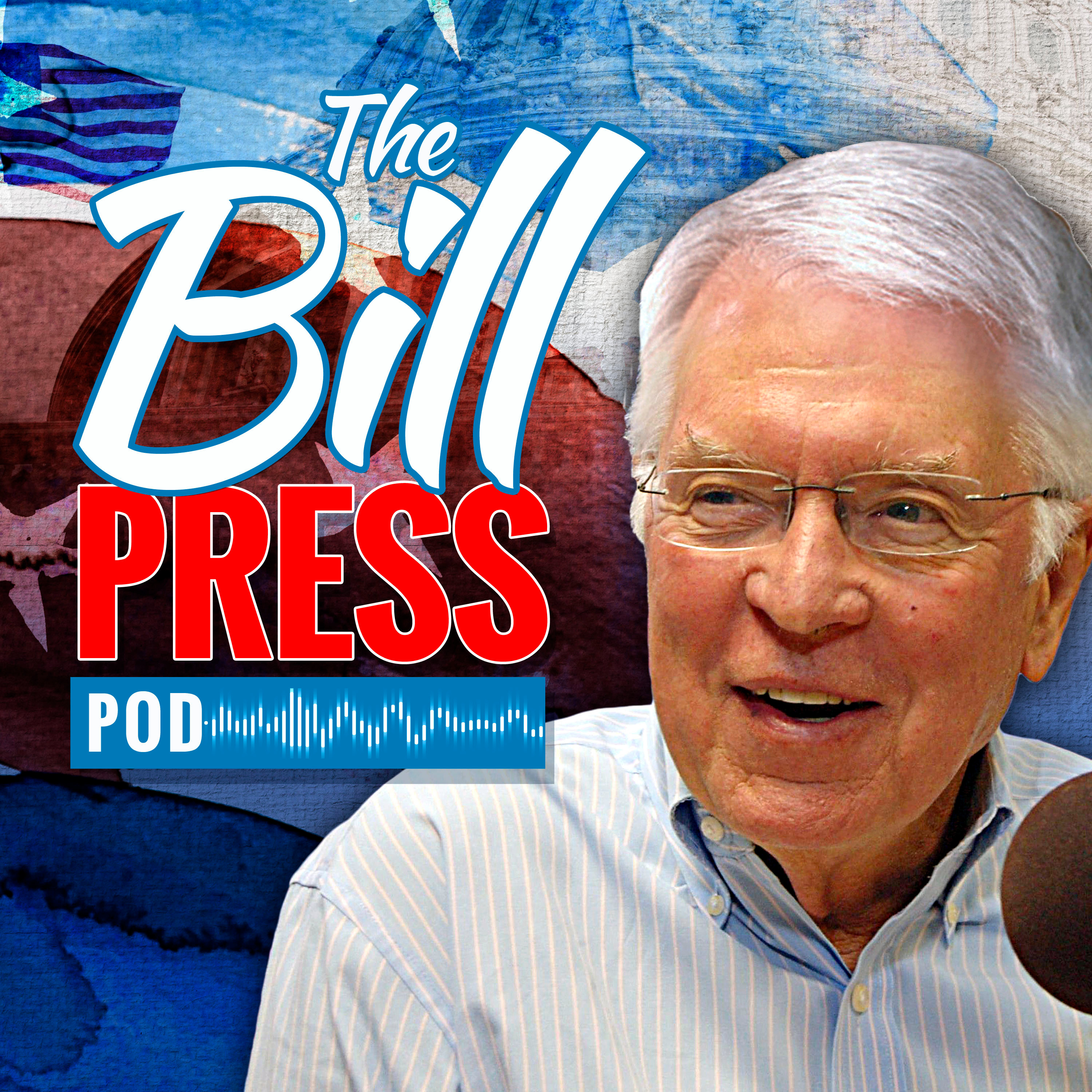
The Bill Press Pod
BP Pods
Ask Pastor John
Desiring God
The Weekly Show with Jon Stewart
Comedy Central
Ask Ligonier
Ligonier Ministries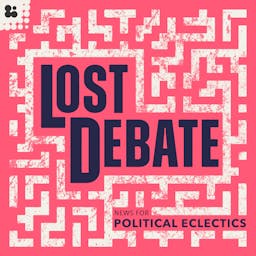
Lost Debate
The Branch
Coffee-Time-Again
Dale Hutchinson
5 Minutes in Church History with Stephen Nichols
Ligonier Ministries
The Ezra Klein Show
New York Times Opinion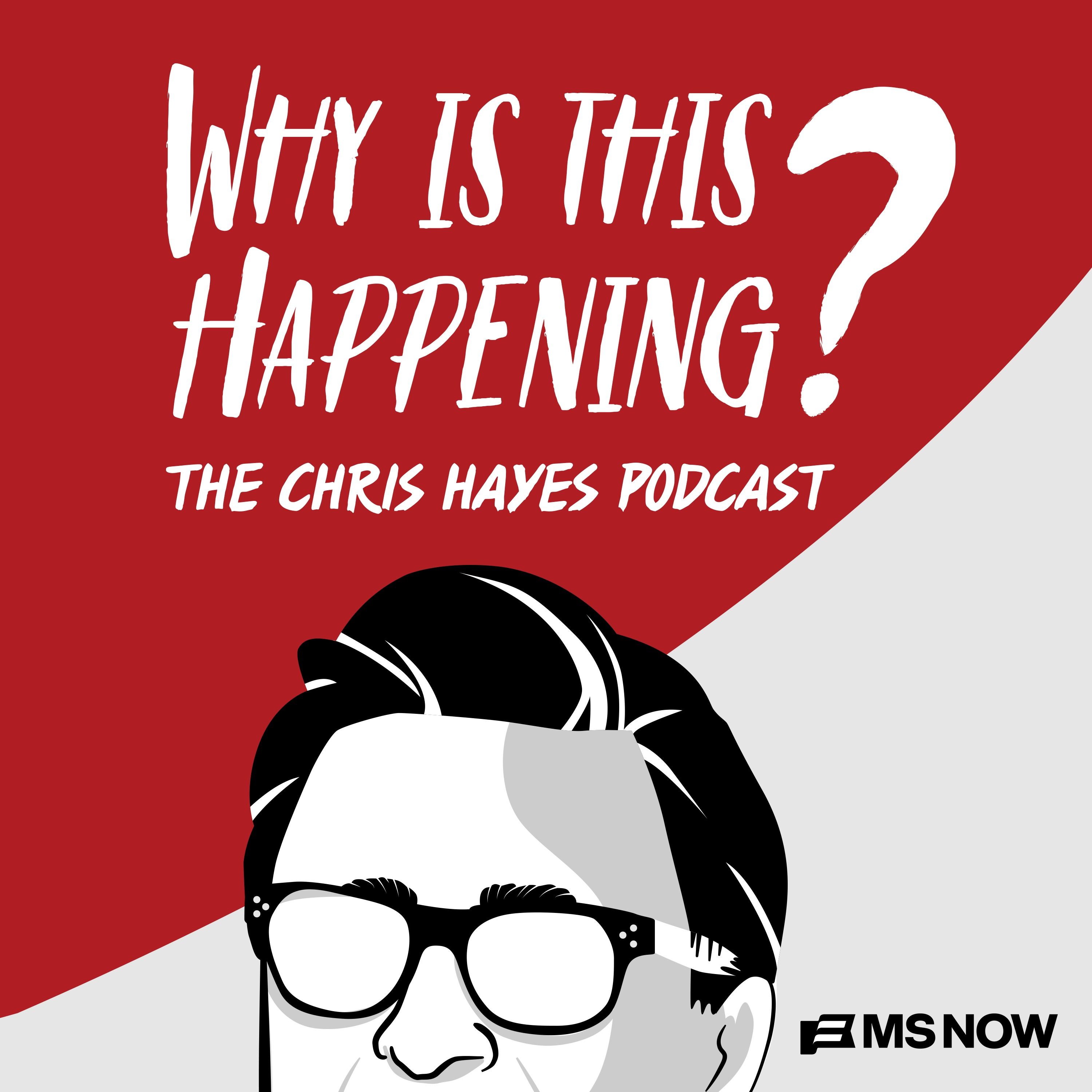
Why Is This Happening? The Chris Hayes Podcast
MS NOW, Chris Hayes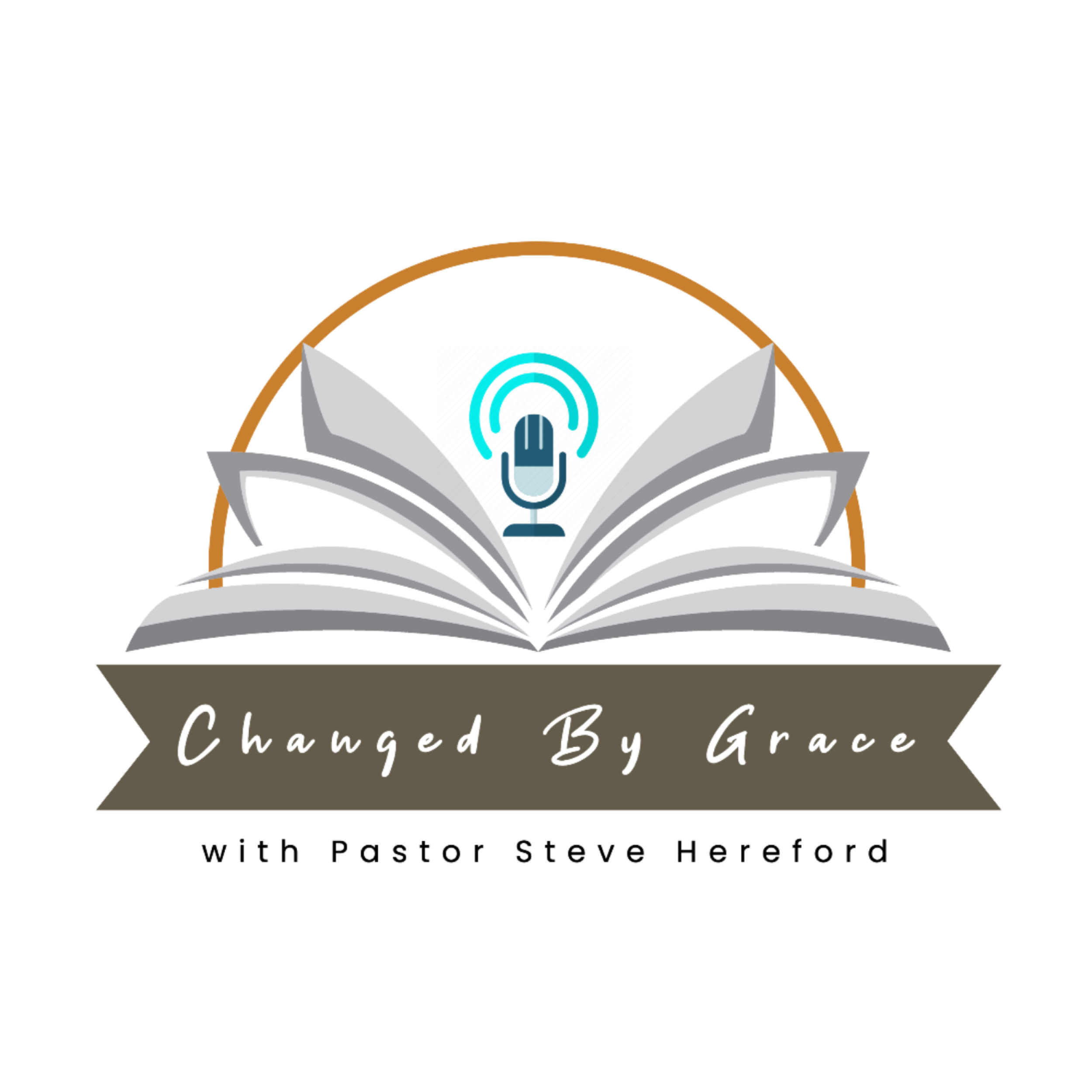
Changed By Grace
PodPoint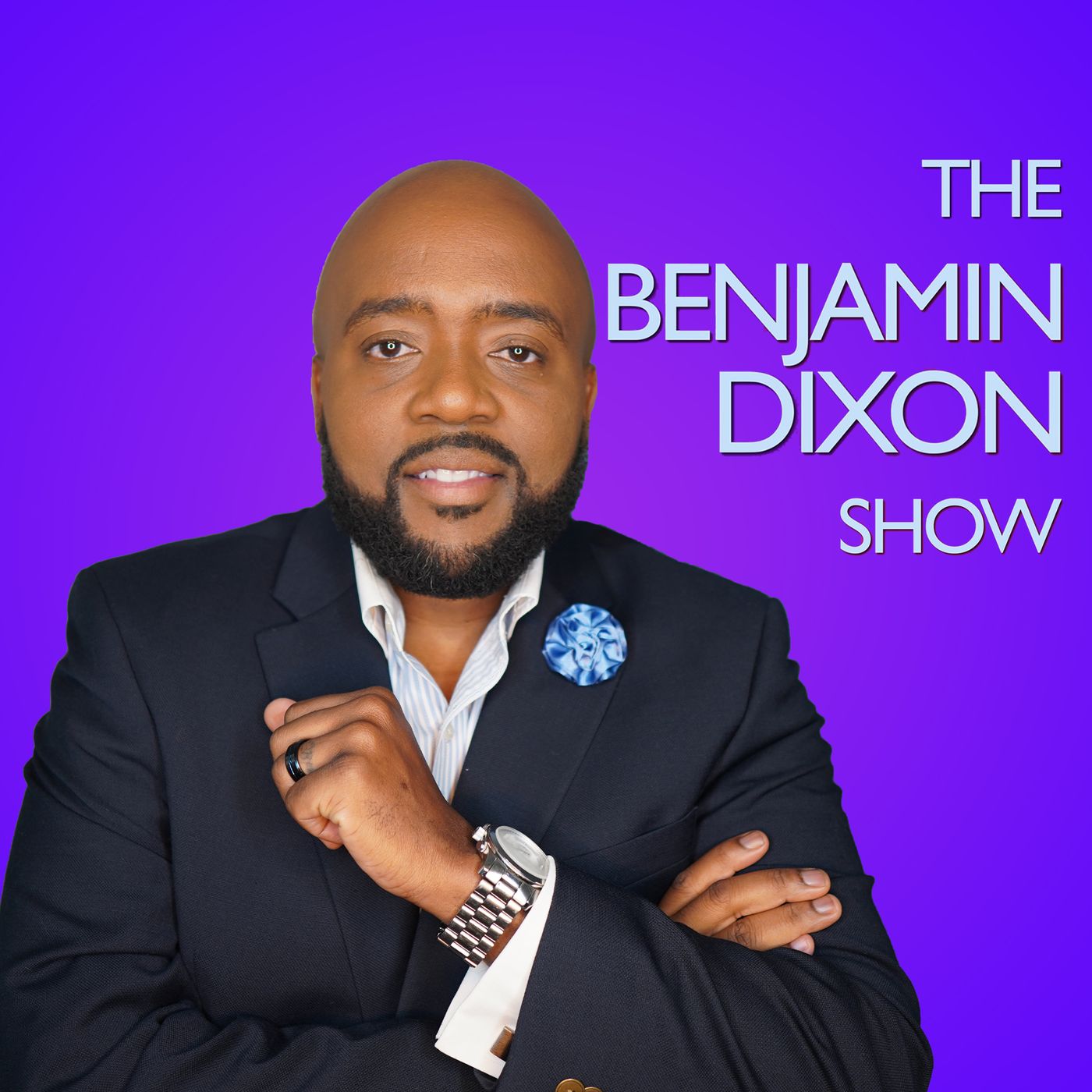
The Benjamin Dixon Show
The Benjamin Dixon Show
Thinking in Public with Albert Mohler
R. Albert Mohler, Jr.
Who Killed JFK?
iHeartPodcastsThe MacArthur Center Podcast
The Master's Seminary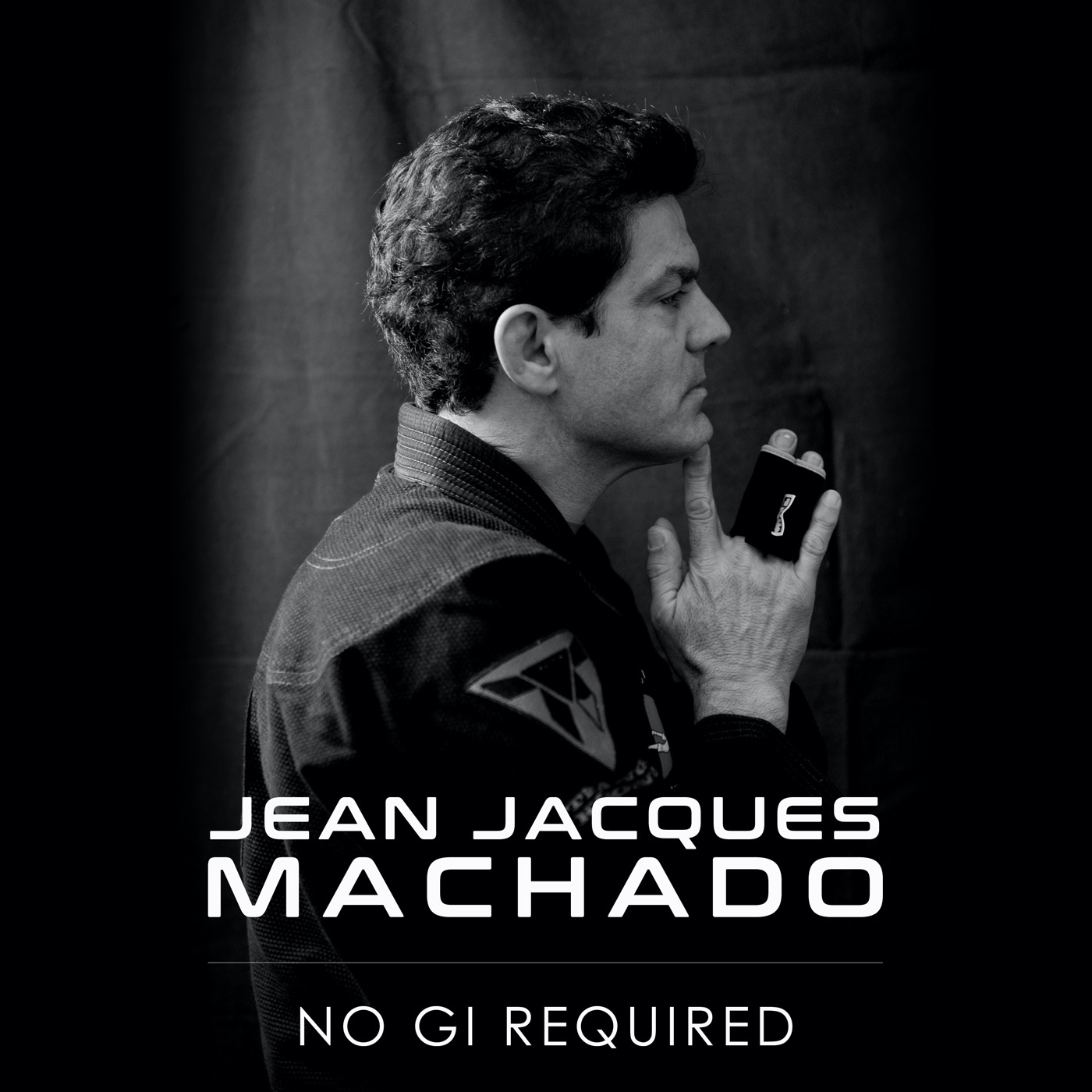
Jean Jacques Machado : No Gi Required
Jay Zeballos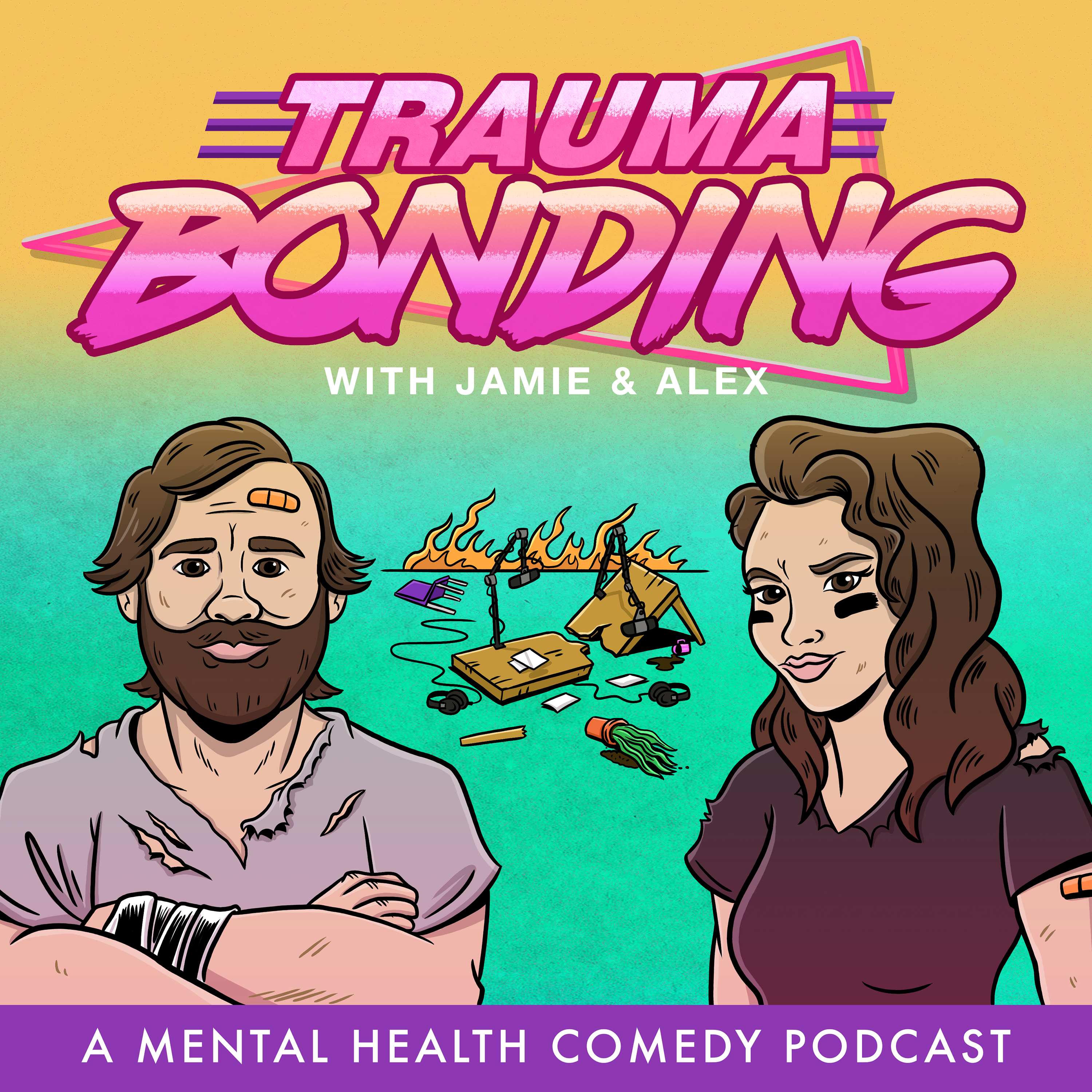
Trauma Bonding
Jamie Kilstein
This Day in History
The HISTORY Channel
The Ben Shapiro Show
The Daily Wire
The Sean Hannity Show
Sean Hannity
Breaking Points with Krystal and Saagar
iHeartPodcasts
The Kyle Kulinski Show
Kyle Kulinski